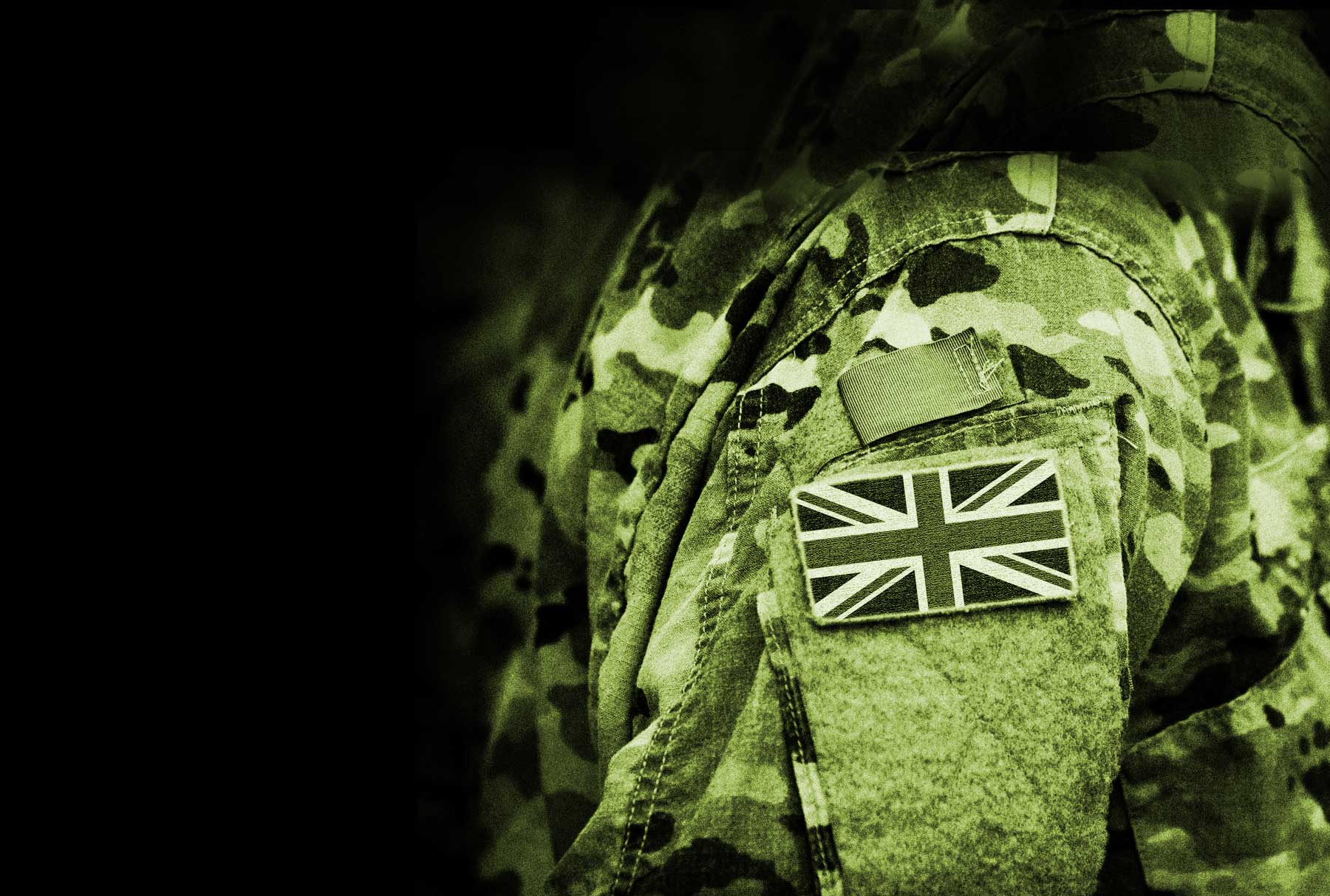Power, Space, Politics
We examine expressions of political power across space at a range of scales, from the international and national to the intimate, and with reference to a range of global contexts.
Overview
A world-leading research cluster of critical geographers and theorists whose influential work examines the spatially uneven expressions, operation, and outcomes of political power, politics and the political.
Enlarged through multiple strategic appointments, this research agenda is multi-scalar and spans multiple sites of contemporary and historical political change including: the contemporary Middle East, Arctic, post-socialist Europe, Latin America, Falkland Islands, and South Africa.
Extending this group’s established work on geopolitical theory and practice, military geographies, and peace, new research explores:
- conflict and displacement
- military occupation
- civil-military relationships
- language-use and statecraft
- production and residues of newly advanced weapons
- identity and nationalism
- civilian trauma pathways in conflict settings
- healthcare in war zones
- arts-based peace-building
- geographies of international law
- genocide and atrocity prevention
This work has been developed through diverse engagement with organisations including:
- International Committee of the Red Cross
- Médicines Sans Frontières
- British Army
- Royal Air Force
- Ministry of Defence
- English Heritage
- OSCE
- World Bank
- DFID
- FCO
- European Centre for Minority Issues
- International Coalition of Sites of Conscience
- Post-Conflict Research Center
Advancing interactional, ethnographic, participatory, and creative arts-based research methods this work spans four key streams:
Critical geopolitics
Our unique contributions to this field explore theories and models of development across different global contexts, the embodied and everyday geopolitics of childhood, youth and gender, and the interface between international and intimate violence.
People working on this theme include:
Military geographies
We shape research on the analysis of the effects of military activities on space, places, landscapes and people. Current research focuses upon the production and residues of newly advanced weapons, civilian trauma pathways in conflict settings, and the use of arts-based methods to research military phenomena.
People working on this theme include:
Resistance, justice and peace
Our research aims to better understand the ways in which political power is resisted and how justice and peace are achieved within our political world.
These questions are explored through examining the geopolitics of peace, conflict resolution and atrocity prevention, political strategies of resistance and protest, and alternative modes of scholarship that are more peaceful and compassionate.
People working on this theme include:
Staff
Our research group staff have significant experience and expertise in analysis of power and politics in relation to space.
Research-led teaching
Teaching
Our research strengths are reflected in the teaching offered in our Geography undergraduate and postgraduate programmes at Newcastle in modules such as:
Undergraduate:
- Development and Globalisation
- Exploring Everyday Political Geographies in a Divided City: Nicosia Field Course
- Geographies of Memory: Bosnia and Herzegovina Field Course
- Geopolitics
- Humanitarianism and Health Inequalities
- Political Geography
Postgraduate:
- Political Geography of the Middle East
Publications
For up-to-date publications produced by Power, Space, Politics visit the webpages of research cluster members:
- Jen Bagelman
- Matt Benwell
- Josep Almudever Chanza
- Alice Cree
- Mark Griffiths
- Peter Hopkins
- Malene Jacobsen
- Craig Jones
- Kate Manzo
- Ingrid Medby
- Nick Megoran
- Rachel Pain
- Raksha Pande
- Silvia Pasquetti
- Jonathan Pugh
- Matthew Richmond
- James Riding
- Robert Shaw
- Catherine Walker
- Alison Williams
- Astrid Wood
- Rachel Woodward
- Deniz Yonucu
